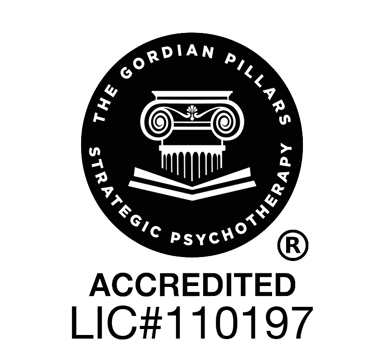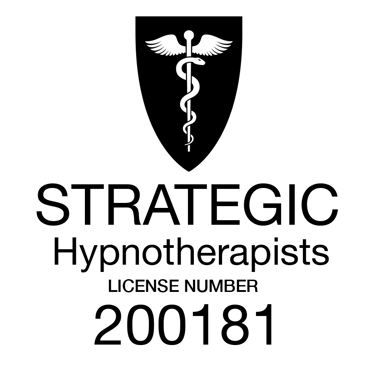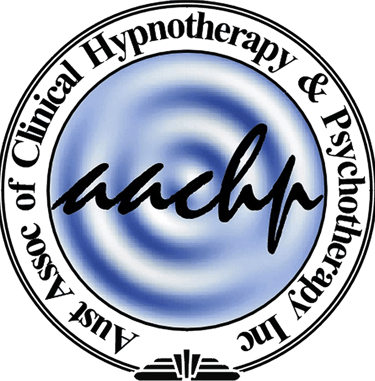Your Journey to Mental Wellbeing Starts Here
Understanding the Overlap: Anxiety vs. ADHD
Navigating the Intersection of ADHD and Anxiety: Untangling Symptoms for Clarity
Theresa Potter
2/6/20242 min read


In my practice, I often encounter individuals seeking clarification between symptoms of Attention-deficit/hyperactivity disorder (ADHD) and those of anxiety. It's a common conundrum, as both conditions can manifest similarly, leading to confusion about diagnosis and treatment.
ADHD & Anxiety: The Overlapping Symptoms
ADHD, characterized by difficulties in focusing, sustaining attention, hyperactivity, and impulsivity, often coexists with other mental health disorders, including anxiety. The overlap in symptoms can be puzzling. For instance, someone with anxiety may exhibit fidgeting due to nervousness, while a person with ADHD might display the same behavior stemming from a short attention span.
According to the Anxiety and Depression Association of America (ADAA), half of adults diagnosed with ADHD also meet the criteria for an anxiety disorder. The reasons behind this frequent co-occurrence are multifaceted, involving a blend of genetic and environmental factors.
Deciphering ADHD and Anxiety: Symptoms Breakdown
ADHD:
Inattention: Difficulty focusing on details, making frequent mistakes, time management issues, losing items, trouble listening, distractibility.
Hyperactivity/Impulsivity: Constant fidgeting, excessive talking, interrupting others, restlessness, impatience.
Anxiety:
Excessive worry, panic, avoidance behaviors, nervousness, restlessness, trouble concentrating, sleep disturbances, physical symptoms like sweating and digestive issues.
Spotting the Differences
Distinguishing between anxiety and ADHD isn't straightforward due to their symptomatic similarities. However, certain nuances can aid in identification. Individuals with anxiety typically experience difficulty concentrating during situations that trigger their anxiety, while those with ADHD struggle with attention and focus consistently across various settings.
Moreover, perfectionism and compulsive behaviors are more characteristic of anxiety rather than ADHD. However, individuals with ADHD may develop anxiety symptoms due to difficulties meeting deadlines or forgetting tasks.
If the differentiation remains unclear, seeking guidance from a professional therapist is advisable.
Treating ADHD and Anxiety
Medication:
Stimulant medications like Adderall are common for ADHD but may exacerbate anxiety symptoms. Non-stimulant options are preferred for individuals with both ADHD and anxiety, with anti-anxiety medications also considered.
Therapy:
There are many thereapies such as Cognitive-behavioral therapy (CBT) and Acceptance & Commitment Therapy (ACT) that are effective in managing symptoms of both ADHD and anxiety by modifying thought patterns and promoting acceptance.
Coping Strategies:
Incorporating lifestyle changes such as adequate sleep, regular exercise, socialization, proper nutrition, meditation, maintaining a routine, realistic task planning, and journaling can complement professional interventions.
Seeking Help
Managing ADHD and anxiety alone can be daunting. If symptoms significantly impact daily life, seeking assistance from a therapist is crucial. A professional evaluation can provide clarity and pave the way for personalized treatment strategies tailored to address both conditions effectively.
Remember, you don't have to navigate this journey alone. Reach out for support and start your path towards better mental health today.
Don't hesitate to contact us at Serene Solutions to schedule a complimentary chat session. Gain valuable insights into which therapy options may best suit your journey towards healing.
Get in touch
Take the first step towards a brighter, more balanced life. Explore the transformative potential of hypnotherapy and psychotherapy with Serene Solutions, and embark on a journey of healing, growth, and self-discovery.
















